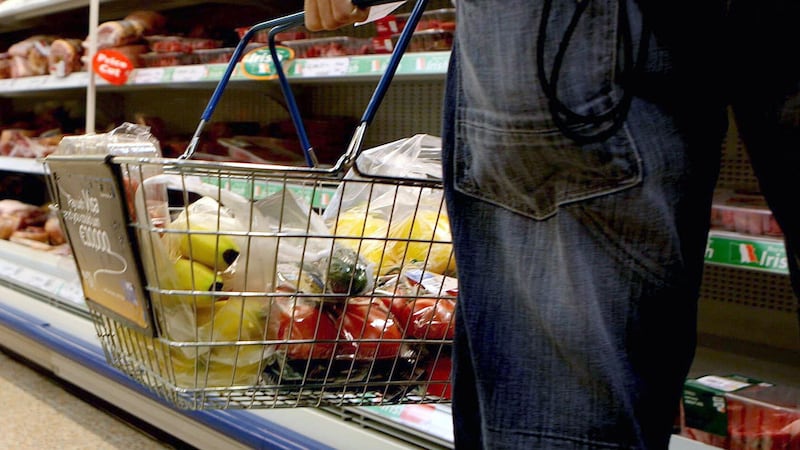More than a quarter of consumers are eating less healthily due to the cost-of-living crisis, including turning increasingly to ready meals and processed foods, a study suggests.
More than two-thirds of people (69%) consider themselves to be healthy eaters but 28% say they are eating less nutritious food because it is too expensive, with 19% reporting that they are eating more ready meals and processed food because they are cheaper, according to the BBC Good Food Nation survey.
The poll found 17% are cooking less from scratch and 16% are cutting back on organic food and ingredients because of the cost.
Some 12% say they are eating less protein because of the cost.
Some 28% have changed their supermarket due to cost-of-living considerations.
Overall, 61% say the cost of living has impacted their healthy eating habits in some way, including being more conscious of eating healthily because they cannot afford to get sick (18%) and eating less healthily due to stress (15%).
Christine Hayes, editor in chief of BBC Good Food, said: “The BBC Good Food Nation survey shows we consider ourselves a nation of healthy eaters and we care about what we eat.
“However, rising costs have impacted choices and compromises have had to be made with people buying more processed food and ready meals and swapping supermarkets to save money.”
More than a third of consumers (36%) said they are producing fewer leftovers now, with their reasons being to save money (59%); because they are meal planning more carefully (44%); and 34% saying they want to reduce waste to help the planet.
The four most common foods people throw away are salad leaves (31%), bread (29%), fruit (24%) and vegetables (23%).
Censuswide surveyed 2,013 UK consumers between August 10-14.



